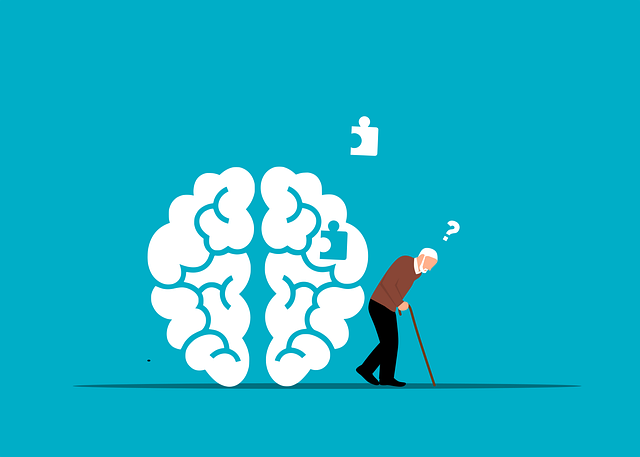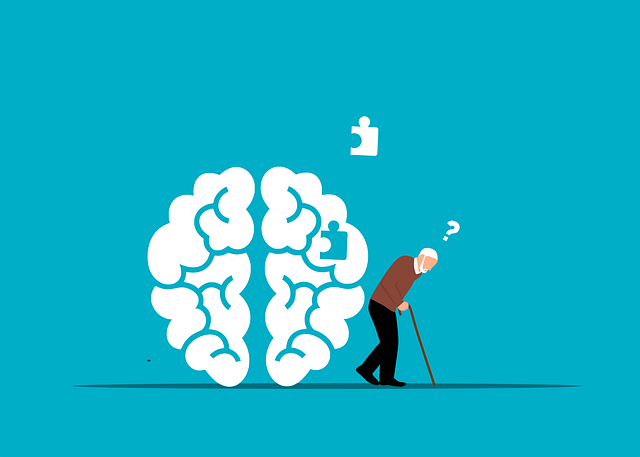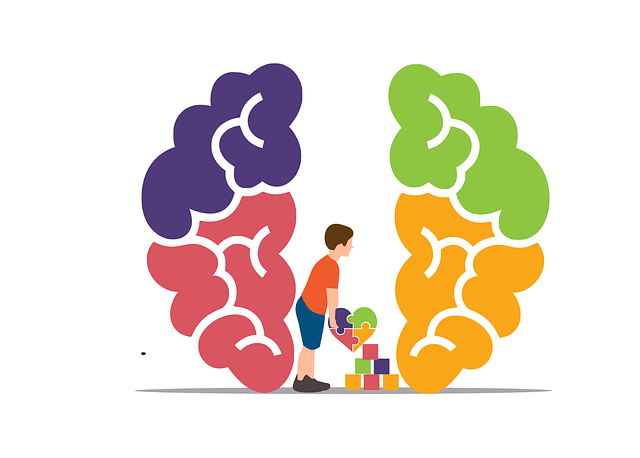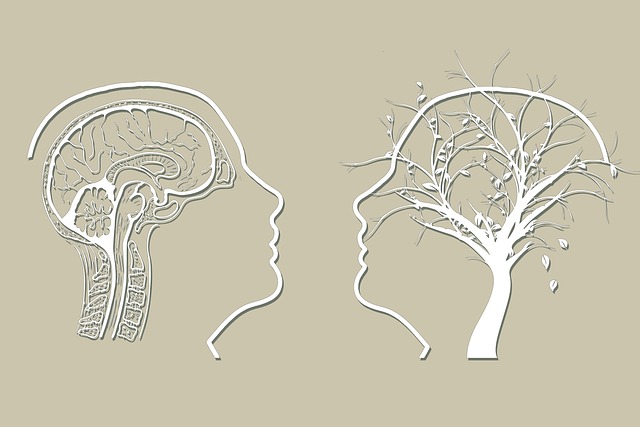The media's portrayal of mental health significantly shapes societal perceptions, with accurate and positive representation reducing stigma and encouraging help-seeking behaviors in adults. Misrepresentations often lead to stereotypes, hindering therapy-seeking. Advocacy and policy guidance promote responsible storytelling, challenging stereotypes, and showcasing diverse recovery journeys. Media literacy empowers individuals to critically analyze media portrayals, fostering empathy and reducing the risk of imitating harmful behaviors. Therapeutic strategies incorporate media critique, social skills training, and risk management planning for professionals, ultimately enhancing suicide prevention efforts by promoting positive social interactions and emotional healing.
Mental illness representation in media significantly impacts public understanding and awareness. This article delves into the challenge of stereotyping and misconceptions perpetuated by popular culture, emphasizing the need for responsible storytelling. We explore strategies to enhance suicide prevention through media literacy, crucial for navigating the digital landscape. Additionally, therapeutic approaches tailored for adults suffering from mental illnesses influenced by media are discussed, offering a comprehensive guide for support and healing.
- Understanding the Impact of Media Portrayal on Mental Health Awareness
- Identifying Stereotypes and Misconceptions in Popular Culture
- Promoting Accurate Representation: A Call for Responsible Storytelling
- Strategies to Enhance Suicide Prevention through Media Literacy
- Therapeutic Approaches for Adults Suffering from Mental Illnesses Influenced by Media
Understanding the Impact of Media Portrayal on Mental Health Awareness

The media has a profound impact on shaping societal perceptions and understanding of mental health issues. Positive and accurate representation in films, television shows, and news articles can significantly contribute to breaking down stigma and encouraging help-seeking behaviors. When media portrays individuals with mental illnesses as relatable, complex characters, it fosters empathy among viewers, challenging stereotypes often associated with these conditions. This shift can encourage open conversations about mental health, reducing the societal shame often attached to seeking therapy for adults.
Moreover, media has the potential to subtly instruct and guide audiences on various coping mechanisms and promote emotional well-being. Incorporating scenarios that demonstrate effective stress management techniques or social skills training can offer viewers practical tools to navigate their own challenges. By showcasing individuals successfully managing mental health conditions, media can inspire hope and motivate viewers to prioritize their emotional needs, potentially preventing tragic outcomes like suicide prevention.
Identifying Stereotypes and Misconceptions in Popular Culture

In popular culture, mental illness is often portrayed through stereotypes and misconceptions that can be deeply harmful. Media representations frequently depict individuals with mental health conditions as violent, unpredictable, or completely helpless, reinforcing negative societal perceptions. These simplistic and exaggerated portrayals fail to capture the nuanced reality of living with a mental illness, where symptoms vary widely and recovery is a complex journey. For instance, the frequent association of schizophrenia with aggression or bipolar disorder with erratic behavior can lead to stigmatization and fear, hindering individuals from seeking necessary therapy for adults suffering from these conditions.
Addressing these stereotypes requires critical analysis and advocacy. Mental health policy analysis and advocacy play a pivotal role in promoting accurate representations by guiding media creators toward evidence-based practices. Burnout prevention strategies for healthcare providers can also contribute to more empathetic storytelling, ensuring professionals are equipped to handle mental health crises responsibly. By challenging these misconceptions, we move towards a more informed society that understands the complexities of mental illness and supports suicide prevention initiatives, ultimately fostering a culture of care and compassion.
Promoting Accurate Representation: A Call for Responsible Storytelling

Media plays a powerful role in shaping societal perceptions and understanding of mental health issues. Promoting accurate representation is essential to fostering empathy, reducing stigma, and encouraging individuals to seek help when needed. Responsible storytelling involves more than just portraying characters with mental illness; it entails showcasing diverse experiences, challenging stereotypes, and presenting realistic journeys towards recovery. This means depicting the complexities of mental health conditions, including their impact on daily life and the various forms of support available.
By incorporating elements like therapy for adults, suicide prevention initiatives, and risk assessment practices for mental health professionals, media can contribute to a more nuanced understanding. Encouraging self-care routine development and self-awareness exercises through narrative techniques can also empower audiences. Ultimately, media has the potential to be a game-changer in advocating for better mental health support and ensuring that those struggling feel seen and heard.
Strategies to Enhance Suicide Prevention through Media Literacy

Media plays a significant role in shaping societal perceptions about mental health. Therefore, enhancing media literacy is crucial to combat harmful stereotypes and promote suicide prevention efforts. By educating individuals, especially young adults, on critical thinking and analysis of media content, we can foster a more empathetic understanding of mental illness. This approach enables people to recognize the subtle portrayal of depression, anxiety, or other psychological struggles in movies, television shows, or social media platforms.
Through media literacy programs, adults can learn to identify and challenge negative narratives that contribute to stigma. They can explore alternative stories that emphasize recovery, therapy for adults with mental health conditions, and successful suicide prevention strategies. This shift in perspective encourages emotional healing processes and reduces the risk of imitating harmful behaviors portrayed in the media.
Therapeutic Approaches for Adults Suffering from Mental Illnesses Influenced by Media

Media has a profound impact on shaping societal perceptions and attitudes towards mental health. For adults struggling with illnesses like depression or anxiety, this representation can either be empowering or detrimental to their healing process. Therapeutic approaches for this demographic often need to address media’s influence directly. One effective strategy is to encourage self-awareness exercises that critique media portrayals of mental illness. By engaging in these exercises, individuals can develop a healthier critical perspective on media content.
Additionally, integrating social skills training into therapy sessions can be beneficial. This approach helps adults navigate conversations around their mental health more effectively, reducing the potential stigma they may face. Moreover, incorporating risk management planning for mental health professionals is crucial to ensure safe and supportive environments during therapy. These strategies collectively contribute to improved suicide prevention efforts by empowering individuals to challenge negative media narratives and foster healthier social interactions.
Mental illness representation in media plays a pivotal role in shaping public perception and access to essential services like therapy for adults suffering from mental illnesses. By identifying and challenging stereotypes, promoting accurate storytelling, and enhancing media literacy, we can significantly improve suicide prevention efforts. Responsible media portrayal can foster understanding, reduce stigma, and encourage those in need to seek the support they deserve. Ultimately, a more nuanced and empathetic representation of mental health in media could save lives by enabling better access to therapy for adults grappling with these challenges.












